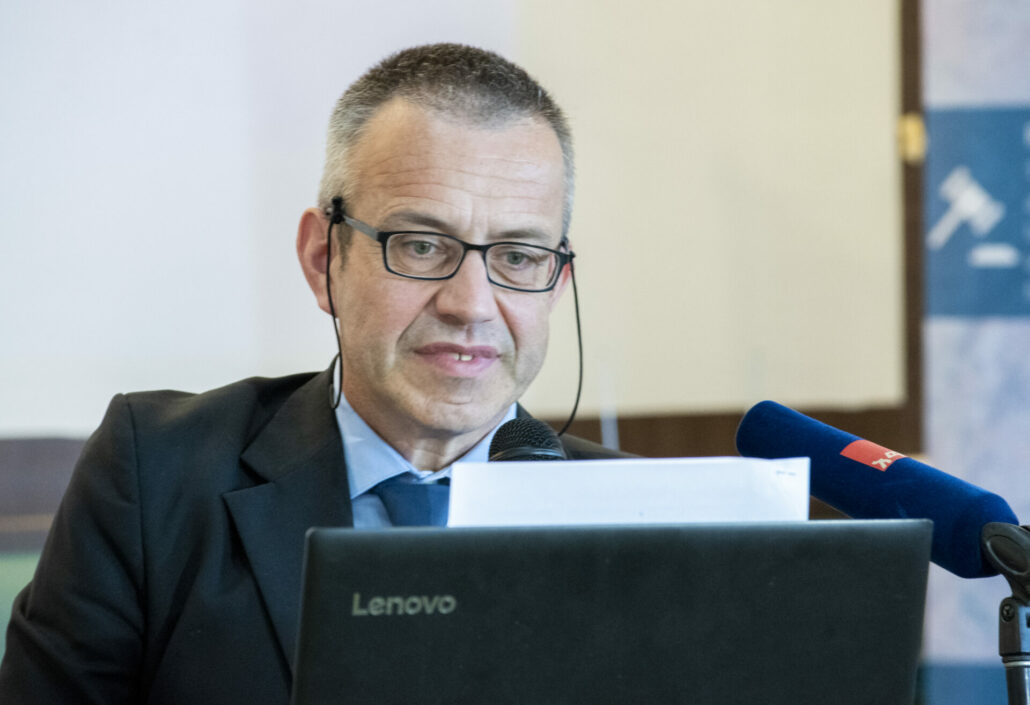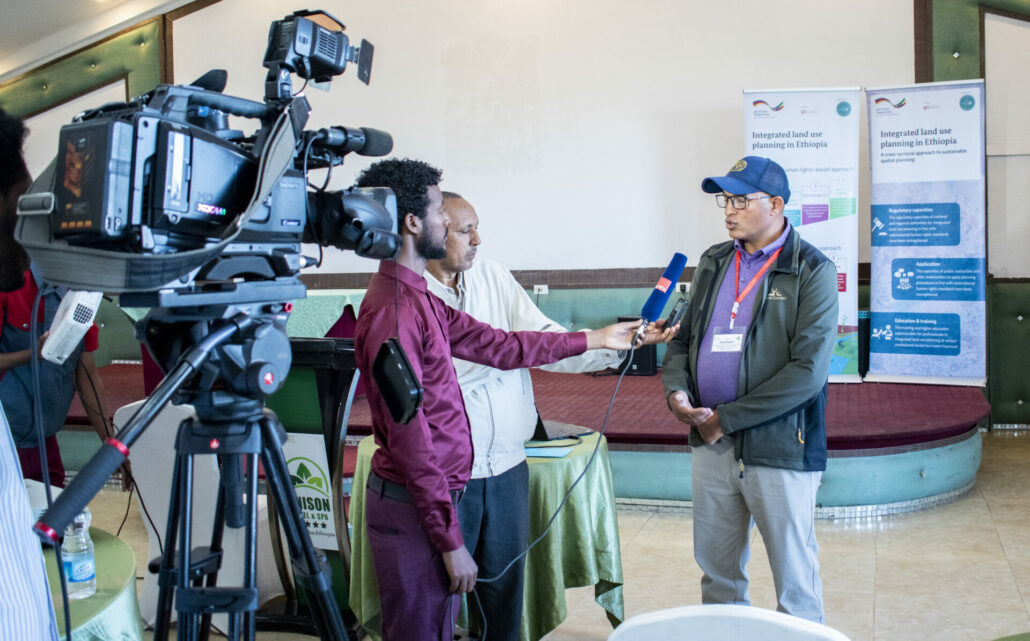Amhara Regional State to co-operate with GiZ in piloting Participatory and Integrated Land Use Planning in two ‘hotspot’ districts
Amhara Regional State has selected Fagita Lakoma and Dera districts as the areas within which to pilot participatory and integrated land use planning. The two districts have been selected as they typify areas within which multiple competing interests between economic sectors and alternative land uses requires a new and targeted approach that fully incorporates gender and human rights priorities. The news was disclosed at the launching workshop of the second phase of the Participatory and Integrated Land Use Planning project held in Bahir Dar from 30 November to 01 December 2022.
Mr. Sisay Damte, head of the Amhara Bureau of Land stated the bureau’s readiness and leadership to support the implementation of the PILUP project in the two districts in a coordinated and integrated manner. The land is the fundamental basis for the development of the country, including the Amhara region, without which no socio-economic or other activity is imaginable remarked Sissay Damtite. While rural livelihoods are based on productivity of the land, land is needed for the economic growth of other sectors and rural towns provide a range of products and services. For the past several years, elements controlling urban and rural lands were not able to afford appropriate operation of the participatory and integrated land use plans that’s why the contribution of the PILUP project is vital added Sisay.
Representatives of regional, Federal multi-sectoral authorities; academia; local communities of the selected pilot districts, and Civic Organizations, to discuss project objectives and strategy, recapitulating lessons from the earlier PILUP phase one, and introducing proposed spatial planning methodologies and related activities. Local and National Media were in attendance to report the event.
The importance of integrating and balancing multi-sectoral development interests with the need of protecting the environment through a national strategic development framework that harmonizes spatial and land related policies and legal frameworks was emphasized by Mr. Ralf MEYER, Gerhard in his opening remark. The need to link national planning policies and interventions with those at the local level was also stated, binding together the technical assistance, cooperation mechanisms, and balanced economic development of territories
An official agreement of cooperation between the GIZ-PILUP Project Office, and the Amhara Bureau of Land (BoL) the government’s local subsidy partner was signed into effect together with an agreement with MSCFSO, a local NGO that will work to ensure full engagement and representation of civil society actors in the project. The workshop also introduced partners and stakeholders to the incorporation of a Human Right Based Approach and Gender Transformative Approach to the integrated land use planning process.
A preliminary stakeholder mapping exercise was carried out at the event, in which participants proposed active members of the project steering committee, technical committee, and core technical group responsible for implementation.
The PILUP II project pilots participatory and integrated land use planning processes in three regions in Ethiopia: Oromia, Benishangul Gumuz, and Amhara. In each regional state Land Bureaus are the focal institutions of the PILUP II project, complemented by local Civil Society Organisations.





